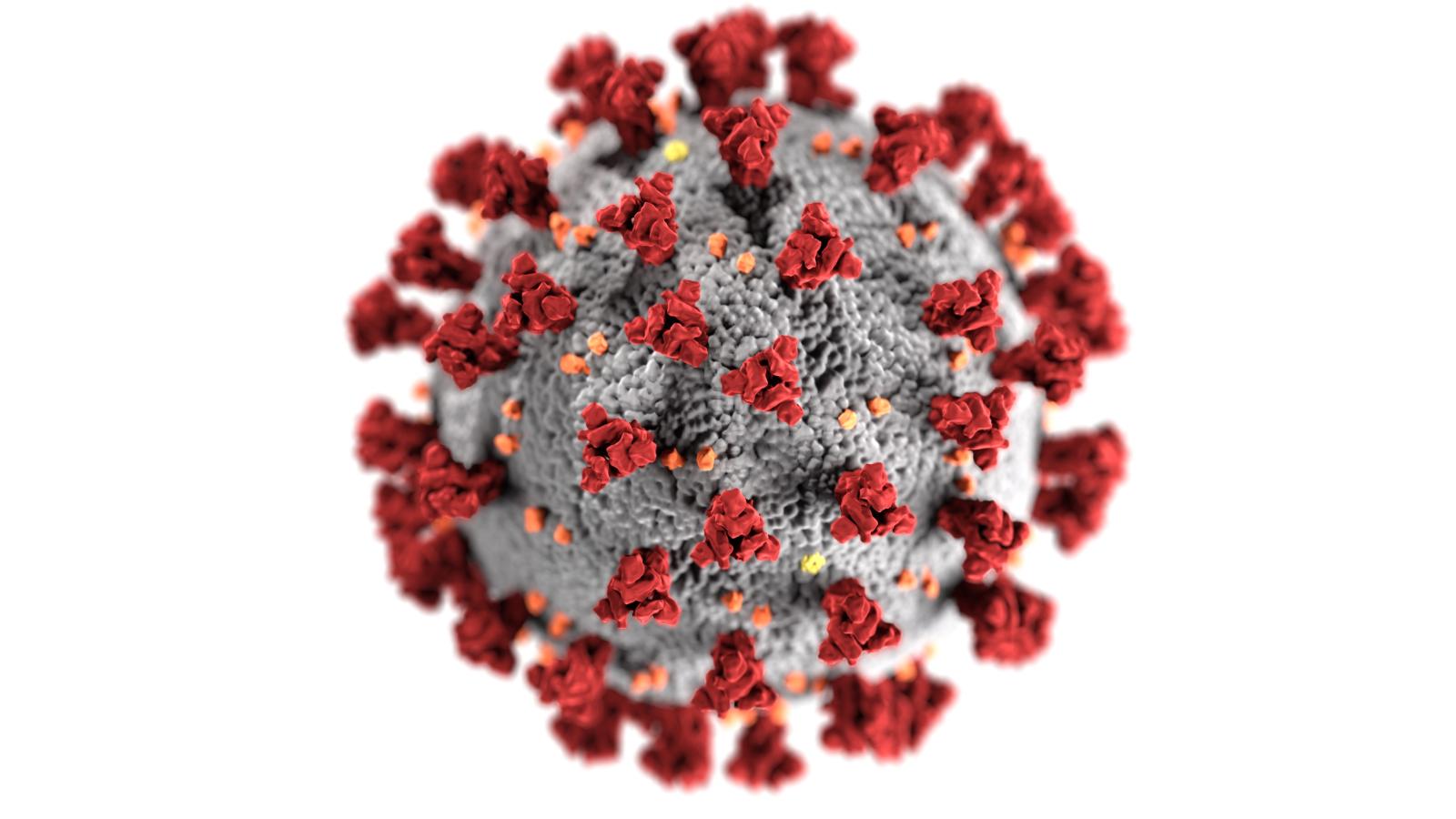(CNN) — There is a new variant of the coronavirus in South Africa. And it appears to be spreading rapidly across the country. This is what we know so far.
What is the name of the new variant?
On Thursday, South African Health Minister Joe Phaahla reported that scientists from the country’s Genomic Surveillance Network discovered a new variant of covid-19.
It is currently called B.1.1.529.
The World Health Organization (WHO) classified it as a “variant under surveillance”.
Why is it different from the other variants?
On December 18, 2020, variant B.1.351, also called beta, was detected in South Africa.
However, with B.1.1.529, the scientists said it has an unusually high number of mutations, with more than 30 in the key spike protein.
Tulio de Oliveira, director of the Center for Epidemic Response and Innovation (CERI), said that this variant has “many more mutations than we expected.” And he said it is spreading rapidly, which is why they expect to see pressure on the health system in the coming weeks.
De Oliveira advised people to avoid over-propagation events.
How transmissible is it?
It is not yet clear.
South African authorities expressed concern that the mutation could lead to immune evasion and increased transmissibility.
However, they said it is too early to know the impact of those mutations on the efficacy of COVID-19 vaccines.
More studies will be needed to know the clinical severity of the variant with respect to the others detected.
Where has it been detected?
Although scientists are not clear exactly where the new variant originated, it has already been detected in several areas.
According to Phaahla, B.1.1.529 has been detected in South Africa, Botswana and in a traveler to Hong Kong from South Africa.
On Friday, Israel’s Ministry of Health announced that the first case of the new variant in the country had already been detected. The case is of a person who was returning to Israel from Malawi.
They are awaiting test results for two other people who are suspected of being infected. The ministry says all three people were vaccinated.
The covid-19 situation in South Africa
Since the beginning of the pandemic, South Africa has faced three major waves of covid-19.
Although it is true that currently the number of new infections is relatively low and the levels of positivity are less than 5%, the country lags behind in terms of vaccination.
While more than half of the world’s population has received, on average, at least one dose of the covid-19 vaccine, the vaccination rate in South Africa is 28%.
For comparison, the United Arab Emirates has a partial vaccination rate of 98% and Brazil 75%.
Flight restrictions and ban
United Kingdom
Concerned that variant B.1.1.529 “may be more transmissible” than the delta strain, the UK on Thursday added six African countries to its “red list” of trips.
Flights from South Africa, Namibia, Lesotho, Botswana, Eswatini and Zimbabwe have been suspended from noon on Friday.
A country being on the “red list” means that UK residents and British and Irish nationals who come home from there must undergo a 10-day quarantine in a hotel at their own expense.
Israel
After detecting a case of the new variant in the country, Israel reported on Friday that seven southern African countries, South Africa, Lesotho, Botswana, Zimbabwe, Mozambique, Namibia and Eswatini, will be included in a travel red list.
This implies that returnees from those countries must be quarantined at a designated hotel.
European Union
At least three European Union countries have so far taken steps to ban travelers from South Africa and other African nations due to concerns about the spread of the new variant.
European Commission President Ursula Von Der Leyen said on Twitter that the EU is studying the possibility of activating its “emergency brake to stop air travel from the South African region.”
For its part, Germany said it will declare South Africa a “virus variant area.” From Friday night, airlines will only be able to fly from South Africa to repatriate German citizens.
Acting German Health Minister Jens Spahn said “We were, are and will continue to be cautious about entering the country. This newly discovered variant worries us, so we are acting proactively and early. The last thing we need now. is that a new variant enters, which will cause even more problems ”.
Italy and Austria have banned anyone who has been to South Africa, Lesotho, Botswana, Zimbabwe, Mozambique, Namibia and Eswatini in the last 14 days.
Austrian citizens still have the right to return to the country, but will be subjected to “strict” quarantine rules according to the Austrian Health Minister Wolfgang Mückstein.
Asia
In addition, on Friday, Asian countries such as Japan and Singapore announced new restrictions from southern Africa.
Travelers from South Africa, Botswana, Eswatini, Zimbabwe, Namibia and Lesotho will be required to self-quarantine in facilities provided by the Japanese government for 10 days starting at 12 noon local time on Saturday, November 27.
Those with a history of travel to Botswana, Eswatini, Lesotho, Mozambique, Namibia, South Africa or Zimbabwe within the last 14 days will not be allowed to enter Singapore or transit through Singapore starting on November 27 at 11:59 p.m. .
The restrictions will remain in effect in Singapore for four weeks, after which they will be reviewed for a possible extension.
What South Africa said
In response to the UK’s temporary ban, the South African government said the decision “appears to have been hasty.”
“While South Africa respects the right of all countries to take the necessary precautionary measures to protect their citizens, the UK’s decision to temporarily ban South Africans from entering the UK appears to have been rushed, as even the World Organization of Health has not yet advised on the next steps, “says the government statement.
The Minister of International Relations, Naledi Pandor, stated that the “immediate concern” is the damage that may be caused to tourism and companies in both countries.
South Africa announced that it will seek to persuade the British government to “reconsider” the decision.
With input from David McKenzie, Ghazi Balkiz, Andrew Carey, and Amir Tal.
–


